This is a Golden Age for Comics
Let me begin by making a bold statement.
There has never been a better time in human history to be a fan of comics than now.
The Golden Age of Comics is upon us. Don’t let anyone tell you otherwise.
There has never been a greater variety of comics dealing with a multitude of subjects. Comics art has never been better. Plus comics are finally being taken seriously as a form of expression. And there are more opportunities to discuss comics and appreciate them than at any time before.
Don’t believe me?
Imagine a time when most of the comics on the spinner rack at your local drug store were published by two companies. They were all dismissed as stuff for children.
There was no such thing as graphic novels, no major publisher looking for sustained narratives that weren’t about heroes with superpowers. And if you wanted to share your love of comics with fans around the world, you had no outlet to do so.
I grew up in such a time. It was called the 1970s. Trust me, things were not better in my day.
Back then, the general view was that comic books were something children grew out of.
Why didn’t Stan Lee use his real name when he helped create the Marvel Universe? Because he was saving it for his attempts at “serious” literature.
Nor was he the only one, as creators were made to feel embarrassed about working in an industry not treated like a legitimate trade. When new comic books came out, they weren’t reviewed in the newspapers of record. Movies featuring costumed do-gooders were few and far between.
Fast-forward to 2024. Things are so much better in so many ways.
Comics and graphic novels are recognized as a valid medium for telling all kinds of stories, not just ones about guys and gals in tights.
Want to write about what it’s like to work in Alberta’s oil sands? Want to recollect your teen years toiling in a pulp and paper mill, dreaming of being a cartoonist? Want to explore the effects of an autocratic government in North Korea? Want to recount your hilarious attempts to capitalize on the “vinyl resurgence?”
All of those stories have been told in graphic novels by Canadian creators.
It’s true superhero comics did have a mass audience in the 1940s among children, but let’s suppose you’re a fan today of a particularly obscure character – say Marvel’s Rocket Raccoon.
If you want to learn more about him, there are entire monthly titles devoted just to his exploits, featuring only him without any of his Guardians of the Galaxy teammates. Plus you can buy action figures and every other possible piece of merchandise based on Rocket.
In fact, thanks to big-budget motion pictures and streaming shows, superheroes are more central to our culture than they were even back in the post-Second World War period. These productions feature serious talents like Robert Redford, Cate Blanchett, Jack Nicholson and Natalie Portman.
The New York Times wasn’t reviewing comics or graphic novels when I was falling in love with them as a kid growing up in small-town Ontario. Academics weren’t doing serious research on them. There wasn’t a Scott Pilgrim or Sweet Tooth series on Netflix for me to enjoy, because none of that infrastructure existed.
Nor did we have creators like a John Porcellino, whose work is so perfect that I consider it poetry in the form of sequential panels. Hey, I still love the Marvel mags of my childhood, but they weren’t that creative.
And now we have a dedicated network of retailers like L.A. Mood devoted to selling comics, connected by a global-information source that gives everyone the tools to express their love for whatever title or character or storyline they fancy. If you like a property, there’s a website for it.
All of which is bolstered by a group of in-person events – here in London, that includes Free Comic Book Day, Forest City Comicon, and Tingfest.
One of the big secrets in life is to know you have it good WHEN you have it good, not later.
As the song says, you don’t know what you got till it’s gone, so my advice to anyone reading this column is to revel in this current Golden Age while it lasts.
Dan Brown has covered pop culture for more than 31 years as a journalist and also moderates L.A. Mood’s monthly graphic-novel group.


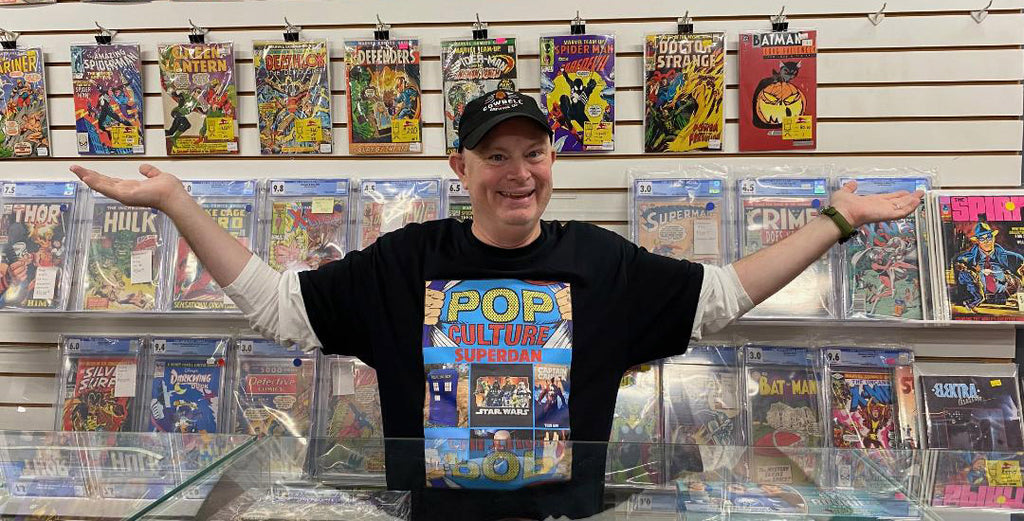
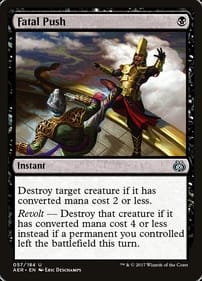
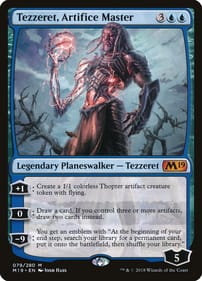
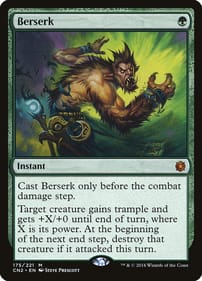
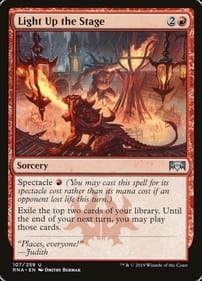
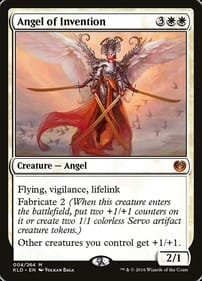
Leave a comment